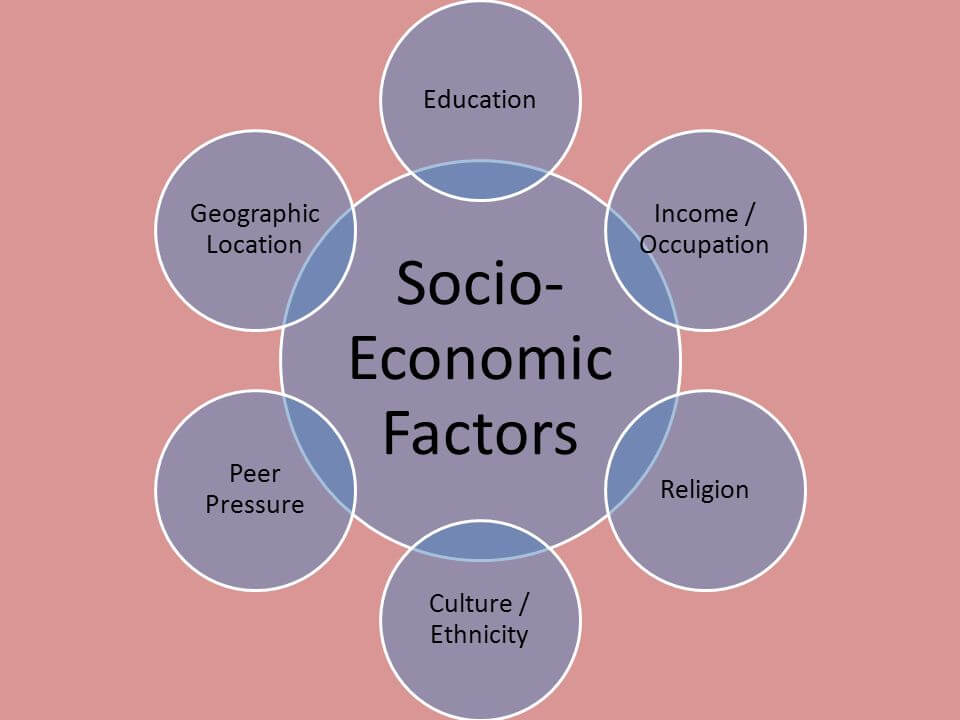Have you ever considered how your social environment could impact your health? When it comes to well-being, we often focus on factors like diet, exercise, and genetics. However, social factors play a significant role in shaping our overall health. From our relationships to our community, the social aspects of our lives can have profound effects on our well-being. In this article, we will explore some mind-blowing social factors that can dramatically affect your health.
The Power of Social Connections
Human beings are social creatures, and our interactions with others have a profound impact on our health. Research has shown that strong social connections can lead to better mental health, increased longevity, and a lower risk of chronic diseases. On the flip side, a lack of social support and isolation can lead to poor mental health outcomes and even physical ailments.
Building and maintaining social connections is crucial for our well-being. Whether it’s through family, friends, or communities, having a strong support system can provide us with emotional support, reduce stress, and increase our sense of belonging. So, reach out to loved ones, join local clubs or organizations, and foster relationships that enrich your life.
The Influence of Social Media
In today’s digital age, social media has become an integral part of our lives. While it offers many benefits, such as staying connected with friends and discovering new interests, it also has the potential to impact our health negatively. Studies have shown that excessive social media use can lead to increased feelings of loneliness, depression, anxiety, and poor self-esteem.

It’s essential to be mindful of our social media habits and create a healthy balance. Limiting screen time, curating our online content, and engaging in meaningful interactions can help mitigate the negative effects of social media. Remember, behind every post is a real person, so don’t compare your life to the highlight reels you see online.
The Impact of Socioeconomic Factors

Our socioeconomic status influences various aspects of our lives, including our health. Income, education level, and occupation can all have a significant impact on our well-being. People from lower socioeconomic backgrounds often face greater barriers to accessing healthcare, nutritious food, and safe living conditions. This can contribute to health disparities and an increased risk of chronic diseases.
To address these challenges, it is vital to advocate for equal opportunities and support policies that promote social and economic equality. Additionally, organizations focused on providing healthcare services and resources to underserved communities play a crucial role in minimizing health disparities.
The Importance of a Supportive Work Environment

Many of us spend a significant portion of our lives at work. The work environment and its social dynamics can significantly impact our health and well-being. A supportive work environment, characterized by positive relationships, clear communication, and work-life balance, can lead to increased job satisfaction, higher productivity, and improved mental health.
On the other hand, a toxic work environment can have detrimental effects on both our physical and mental health. Excessive work demands, bullying, or a lack of support can lead to stress, burnout, and a higher risk of developing chronic diseases.
If you find yourself in an unsupportive work environment, it’s essential to seek help and explore ways to improve the situation. Whether it’s through open communication with your colleagues or seeking support from human resources, taking action can significantly impact your overall well-being.
The Role of Community
Our community plays a crucial role in shaping our health. The social and physical environment in which we live can influence our behavior, access to resources, and overall well-being. Living in a safe neighborhood with access to parks, healthy food options, and healthcare services can positively impact our health outcomes.
Communities that prioritize social cohesion, civic engagement, and inclusivity create an environment where individuals thrive. When people feel connected and supported by their community, they tend to have better mental health, lower stress levels, and improved overall well-being.
Conclusion
As we have explored in this article, social factors have a mind-blowing impact on our health. The power of social connections, the influence of social media, socioeconomic factors, work environments, and our communities all play a role in shaping our well-being. It’s essential to be aware of these factors and make conscious efforts to cultivate positive social interactions and supportive environments. By prioritizing our social health alongside our physical and mental health, we can lead happier, healthier lives.
Understanding the role of social factors in our health is just the beginning. If you want to delve deeper into this fascinating topic, consider exploring research studies, joining community organizations, or engaging in discussions with experts in the field. Together, we can create a society that values and prioritizes the social aspects of well-being, ultimately improving the health of individuals and communities as a whole.
So, let’s nurture our social connections, cultivate a healthy relationship with social media, advocate for social and economic equality, create supportive work environments, and build communities that foster well-being. Together, we can harness the power of social factors to dramatically improve our health and lead fulfilling lives.








